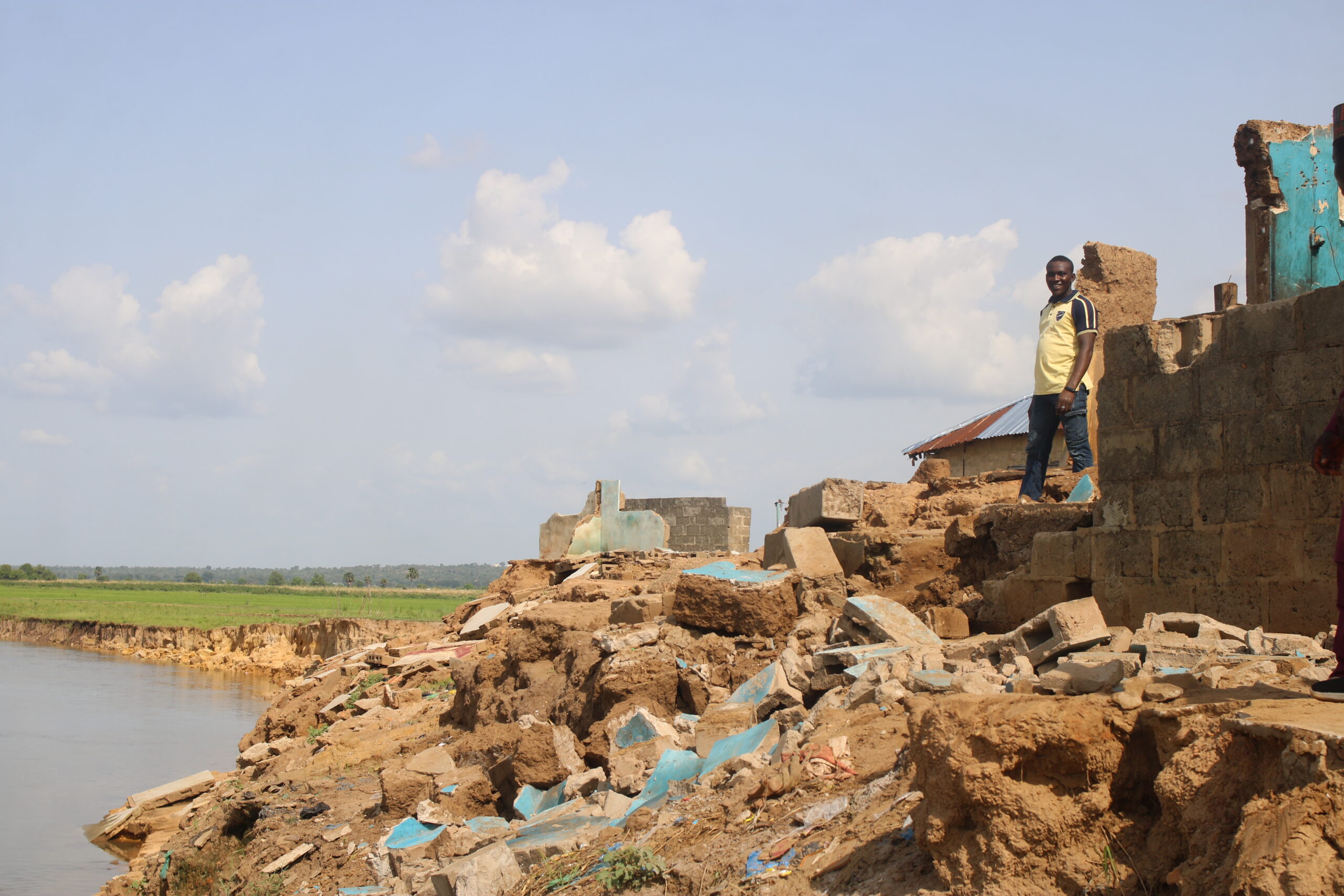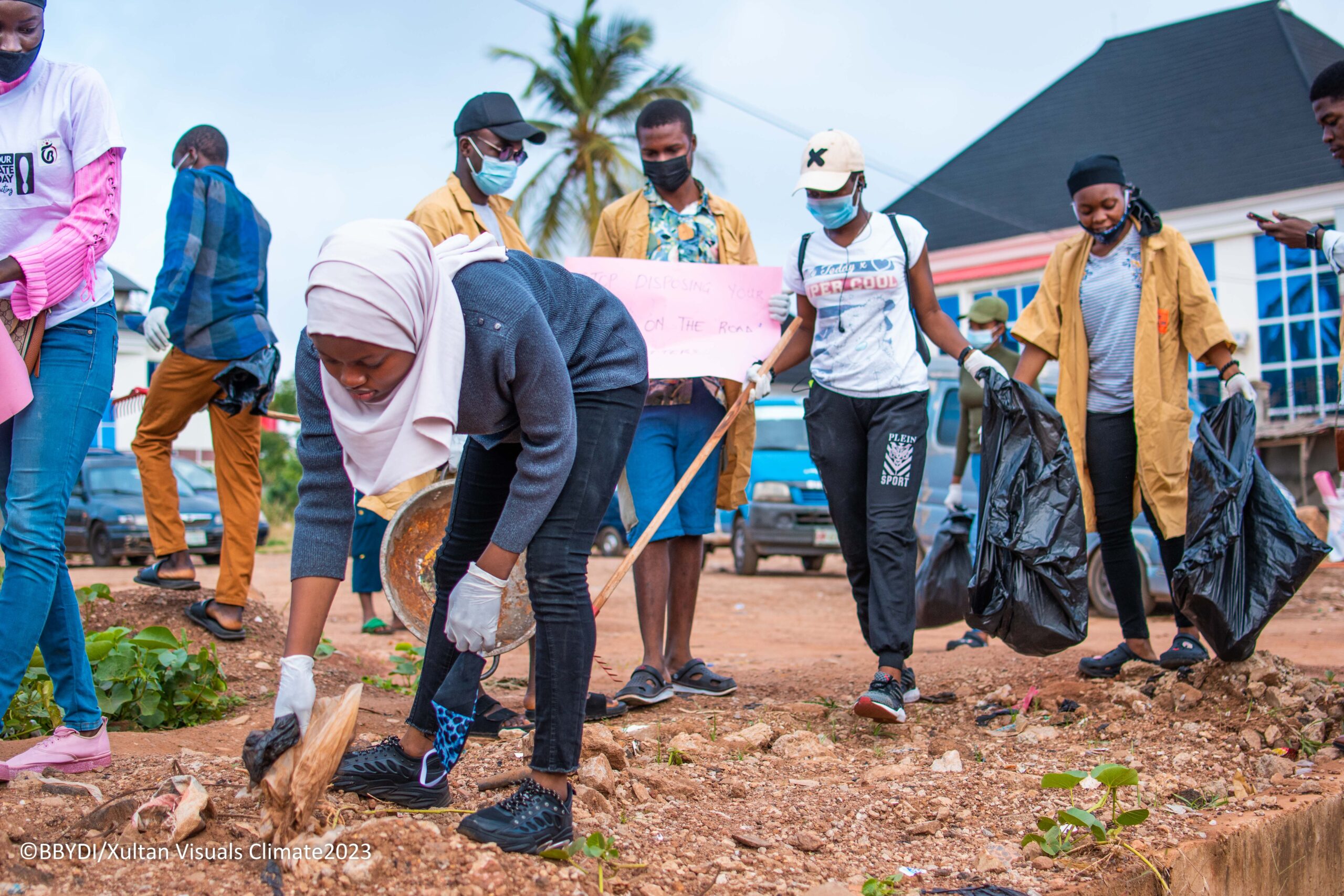Riverine communities in Kwara North had always enjoyed the benefits of living close to the river.
This is because it provides them with water for farming activities, fishing and transportation.
The 2022 flooding that ravaged the riverine communities in Patigi Local Government Area of Kwara State has been described as the most devastating in recent years, sweeping away large hectares of farmlands and several houses, while no fewer than 2,800 people were reported to have been displaced.
This is why communities in Edu and Patigi Local Government Areas (LGAs) of the State, the hardest hit have appealed to the state government to relocate them due to the incessant flooding that has ravaged their homes and farmlands.
The communities Kpata-Gbaradogi, Kpasha, and Chewuru, which are largely agrarian, have been hit hard by the yearly flooding caused by the overflowing of the River Niger and River Kaduna. The floods have destroyed homes, farmlands, and properties, leaving the people with nothing.
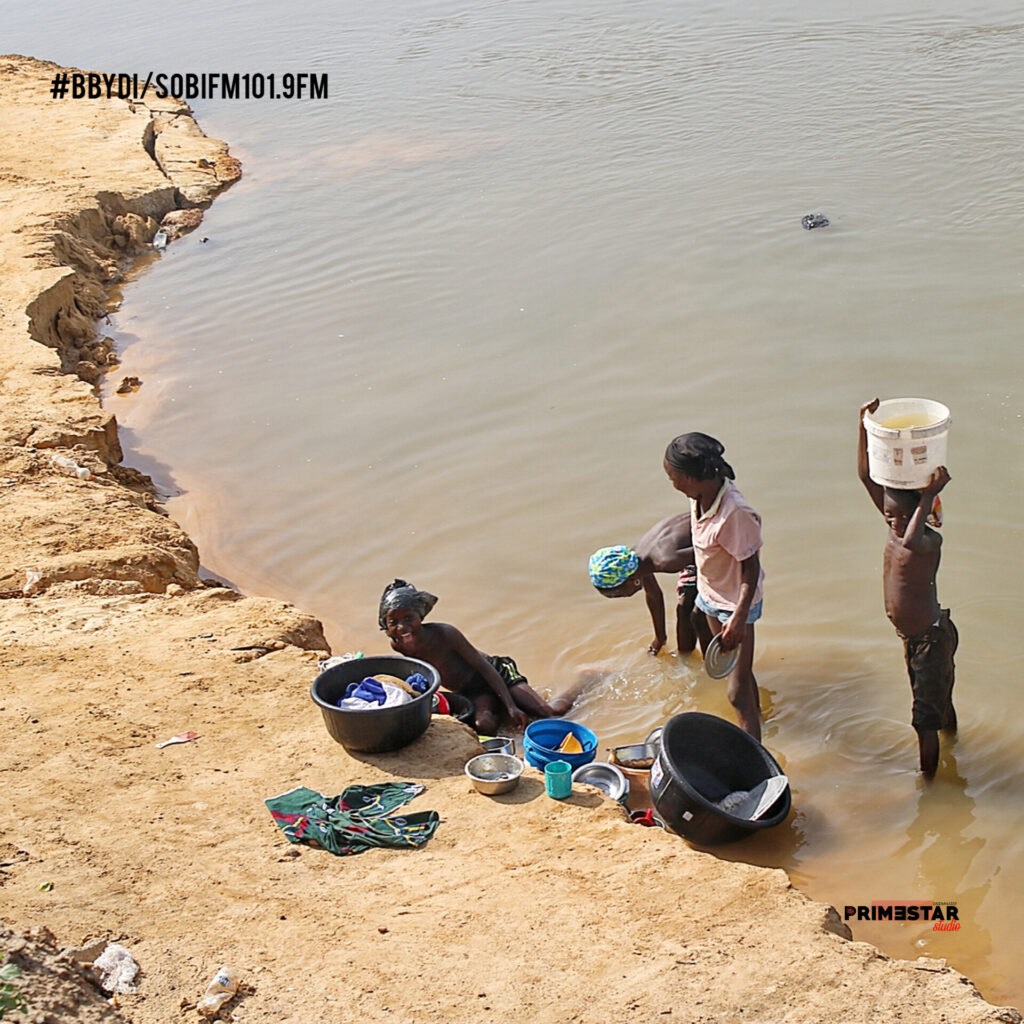
Although the state government had always advised residents leaving in flood-prone areas to relocate before the commencement of the rainy season, such advice has always turned deaf ears by the residents partly due to the uncertainty about where to relocate to, and those who are unwilling to relocate from their ancestral homes.
In a recent interview with some community leaders, they lamented the dire situation that the people are facing.
They explained that the flooding has become a recurring problem, and it was getting worse every year. The people are tired of living in fear every year and want a permanent solution to the problem.
The district head of Likpata and Chewuru Alhaji Manzuma Ndamusa spoke on behalf of the communities’ saying villages around the river Niger always suffer heavy losses due to the destruction of their farmlands due to flooding.
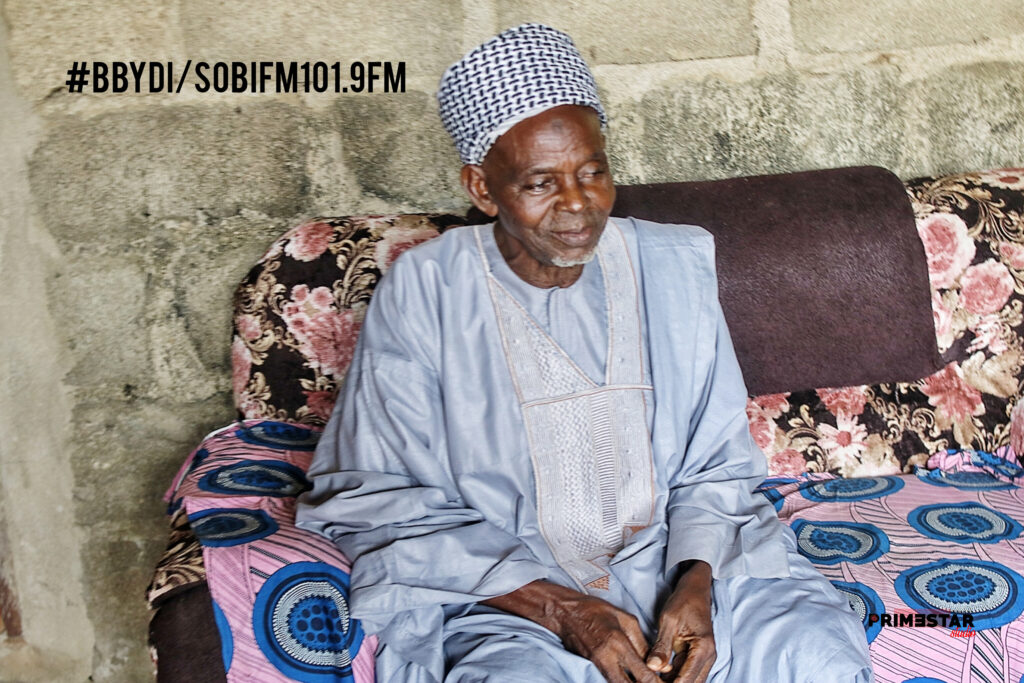
He said Kpasha community about 1 hour by boat from Lafiagi township is the most affected as half of the village is underwater and the people can’t leave, this is due to the fact that the land provided for the community to relocate to by the government more than is bare without a single structure.
“The Flood every year always destroys food stuff, farmlands, and live stocks are lost. Most times when the water comes, residents stay on trees for days or makeshift tree houses until help comes.
“We are appealing to the Kwara State Government to come to our aid and relocate us to a safer place. We cannot continue to live in fear every year, not knowing when the next flood will come and destroy our homes and farmlands,” said one of the community leaders.
Alhaji Umaru Shaaba, the village head of Chewuru, added that the flooding had caused a lot of hardship for the people.
“Our farmlands have been destroyed, and we cannot grow crops anymore. Our homes have been destroyed, we have to construct ponds to get fish to eat and sell and there are no more fish in the river as they used to be.
We are appealing to the government to come to our aid and relocate us to a safer place,” he said.
The community leaders also highlighted the health hazards that flooding poses to the people. They explained that the floods bring about waterborne diseases, which have claimed the lives of many people in the communities.
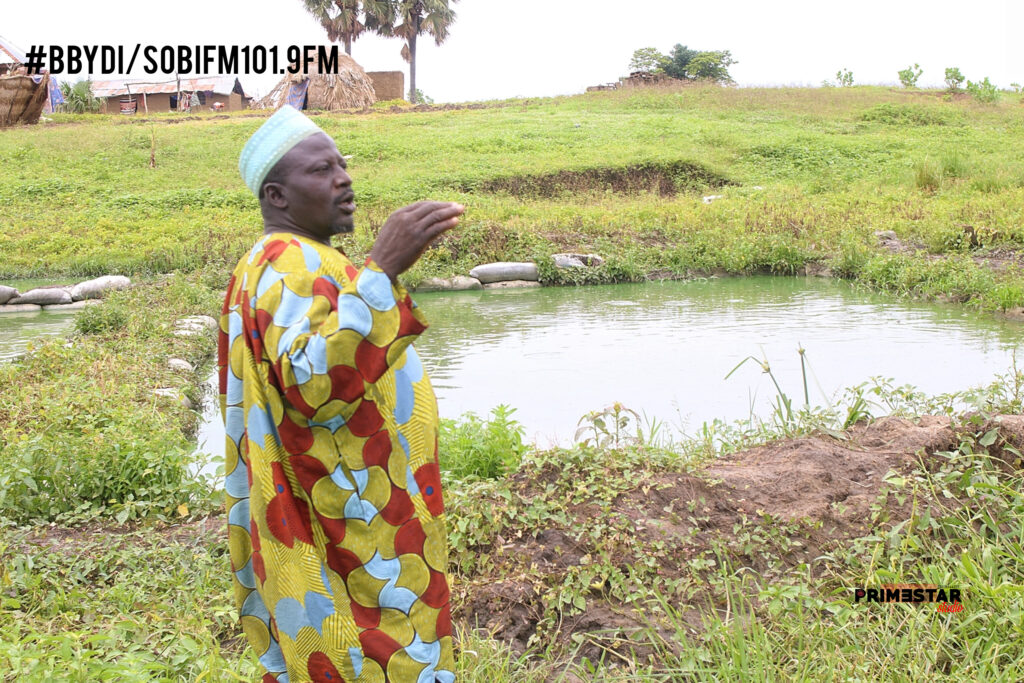
The Hydro Power Producing Area Development Commission (HYPPADEC) earlier in the year initiated early warning strategies to avert the flooding of the plains of hydro dams and decried the unwillingness of the communities to relocate.
Consequently, the commission has mobilised traditional leaders and local government chairmen in the affected communities for grassroots mobilisation ahead of the 2023 flood season in the country.
The managing director of HYPPADEC, Alhaji Abubakar Sadiq Yelwa at the 2023 Stakeholders Meeting on Flood Mitigation and Other Related Issues in Niger State, said the plan is not to mitigate but to prevent catastrophe from occurring.
Sadiq Yelwa noted that the sensitisation of the people on environmental matters was crucial in mitigating the impact of flooding saying that it was the reason why the effect and casualties of flooding reduced last year.
He called for an attitudinal change in the people of the flood-affected communities who insist on remaining in their original homes despite the devastation caused by the flood.
The HYPPADEC was established by an Act of the National Assembly to address ecological challenges in areas where operations of Hydroelectric Dams are sited.
Its focus covers six states of the federation which includes Benue, Kwara, Kebbi, Niger, Plateau, and Kogi under which 56 local governments, 229 political wards, and 1085 communities are being provided with critical projects.
By Dare Akogun
This story is produced with support from Brain Builders Development Youth Initiative (a climate focused non-profit in Nigeria) and Sobi 101.9 FM Ilorin, Kwara State, North Central Nigeria.


